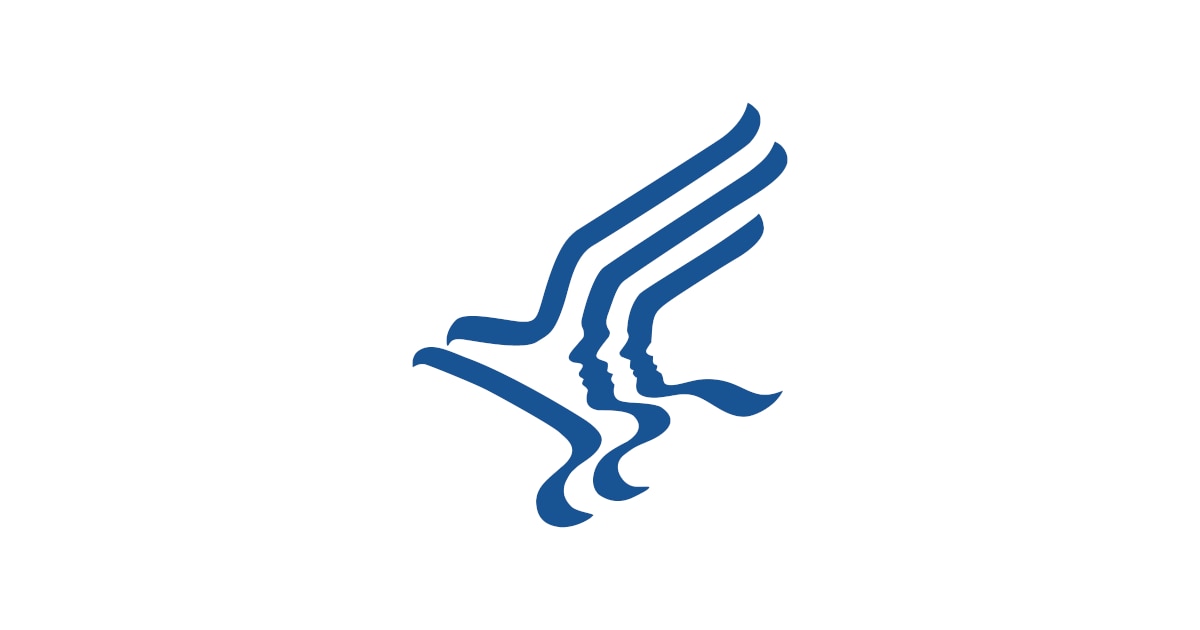- Joined
- Jun 8, 2006
- Messages
- 3,511
- Reaction score
- 2,603
Thinking about technology and information risks got me thinking about a recent journeyman shrink realization I got schooled on and wanted to ask my elders here how they avoid inadvertent documentation traps that early stage psychiatrist like me may unknowingly set for patients.
2 early stage private psychiatry ethical issues I walked into with my documentation: I documented suicidality and substance abuse thoroughly in a person who made a complete recovery from both of those, but whose life insurance wanted all the dirty laundry from all the visits, not just the recent 1-2 years of good well-being and functioning and consistent sobriety with no self-harming ideations. I felt like my documentation may have prevented this person from getting coverage for their family, although I'll never know because the person's residence had since changed to out of state. The second one was worse: I like to do extensive biographical work with psychotherapy patients and I had previously been keeping the longer social history obtained for no other intended audience but me, the patient, and possibly an interested collaborating clinician. Until a deposing attorney for in an employment dispute requested all of my records and I agree only because the patient instructed me to, and then the attorney proceeded to use my biographical history against my patient in a way that was intentionally hurtful to him. He won the case, but this was shocking to me, although, it occurs to me that was a naive premise to begin with.
So I want to refine my use of the official medical record to accomplish what it needs to as a clinical record and as an insurance billing instrument but I want advice on how to minimize any traps by unintended audiences and also to ask how you all design your psychotherapy notes to be protected and useful for reference but not viewable by anyone but you.
I appreciate any advice and helpful suggestions about how to improve this aspect of my care of paitents.
2 early stage private psychiatry ethical issues I walked into with my documentation: I documented suicidality and substance abuse thoroughly in a person who made a complete recovery from both of those, but whose life insurance wanted all the dirty laundry from all the visits, not just the recent 1-2 years of good well-being and functioning and consistent sobriety with no self-harming ideations. I felt like my documentation may have prevented this person from getting coverage for their family, although I'll never know because the person's residence had since changed to out of state. The second one was worse: I like to do extensive biographical work with psychotherapy patients and I had previously been keeping the longer social history obtained for no other intended audience but me, the patient, and possibly an interested collaborating clinician. Until a deposing attorney for in an employment dispute requested all of my records and I agree only because the patient instructed me to, and then the attorney proceeded to use my biographical history against my patient in a way that was intentionally hurtful to him. He won the case, but this was shocking to me, although, it occurs to me that was a naive premise to begin with.
So I want to refine my use of the official medical record to accomplish what it needs to as a clinical record and as an insurance billing instrument but I want advice on how to minimize any traps by unintended audiences and also to ask how you all design your psychotherapy notes to be protected and useful for reference but not viewable by anyone but you.
I appreciate any advice and helpful suggestions about how to improve this aspect of my care of paitents.

